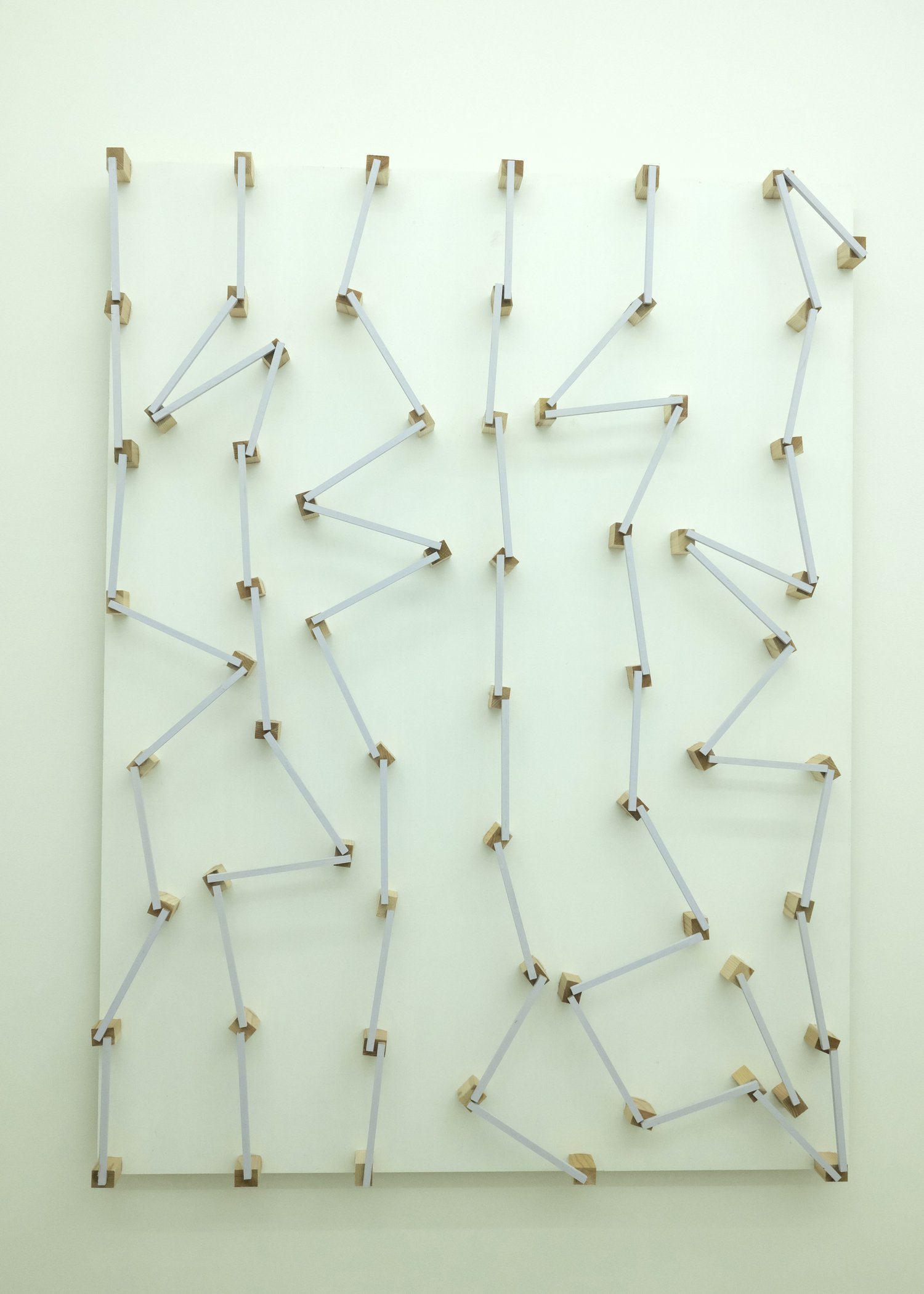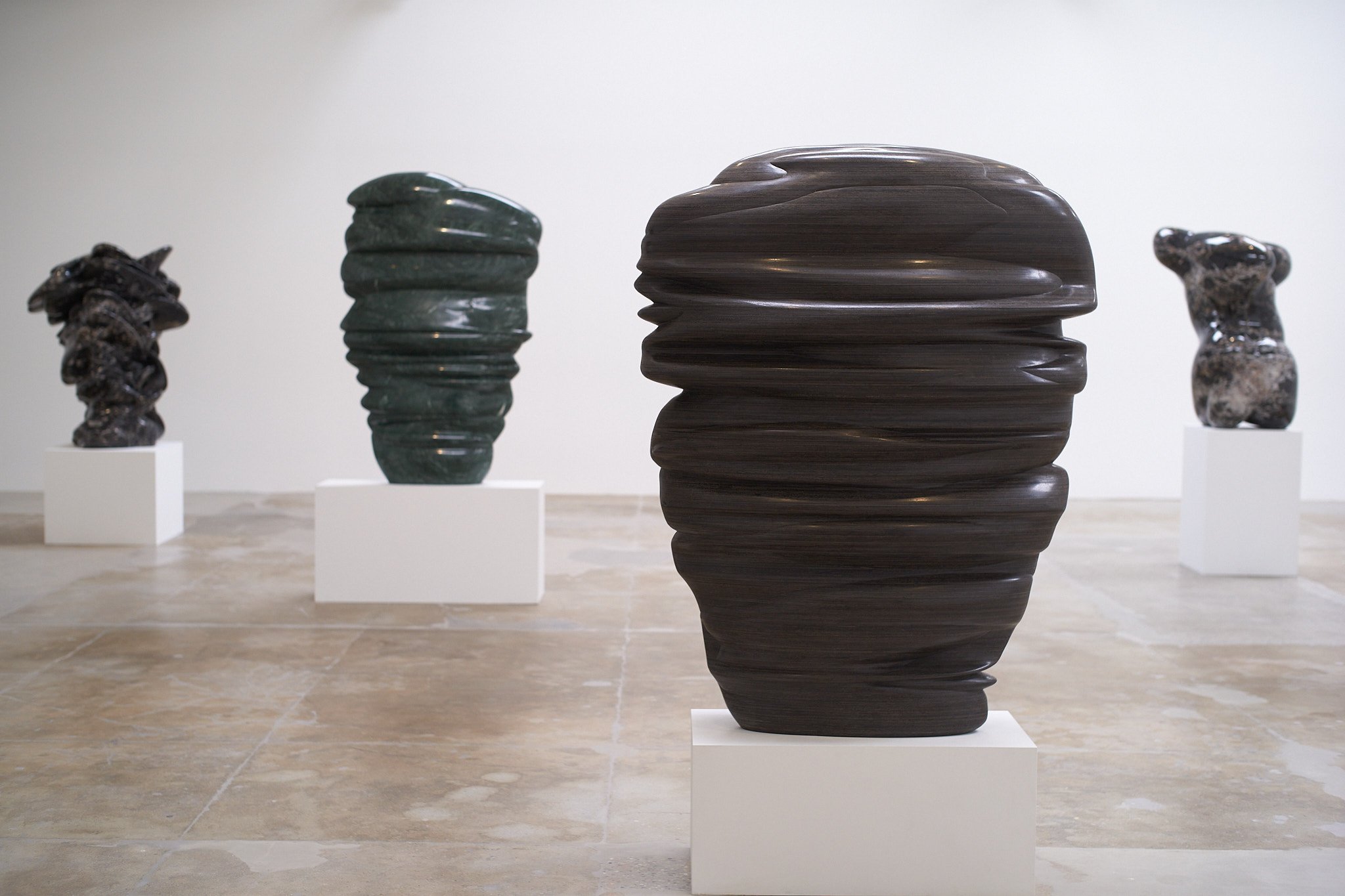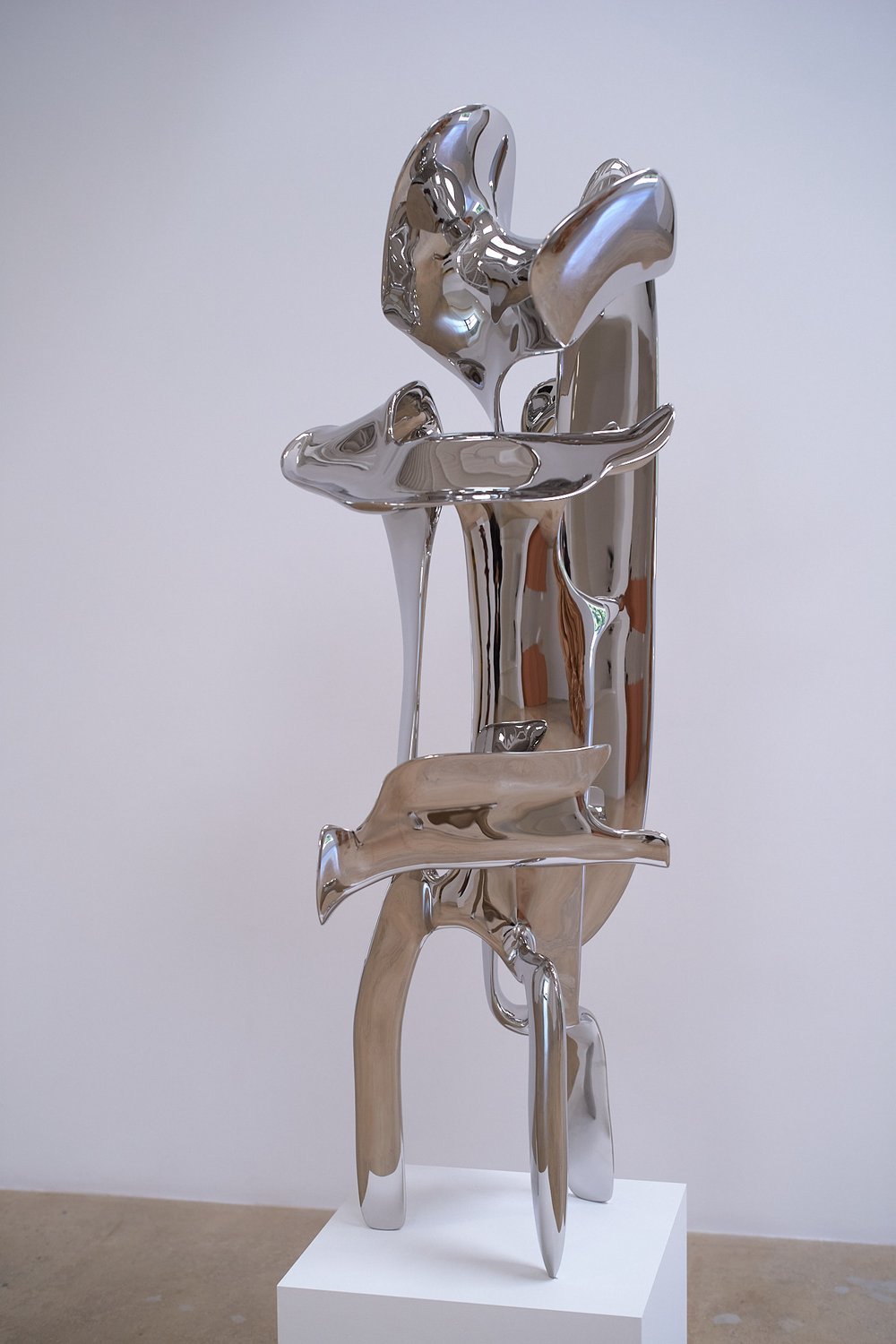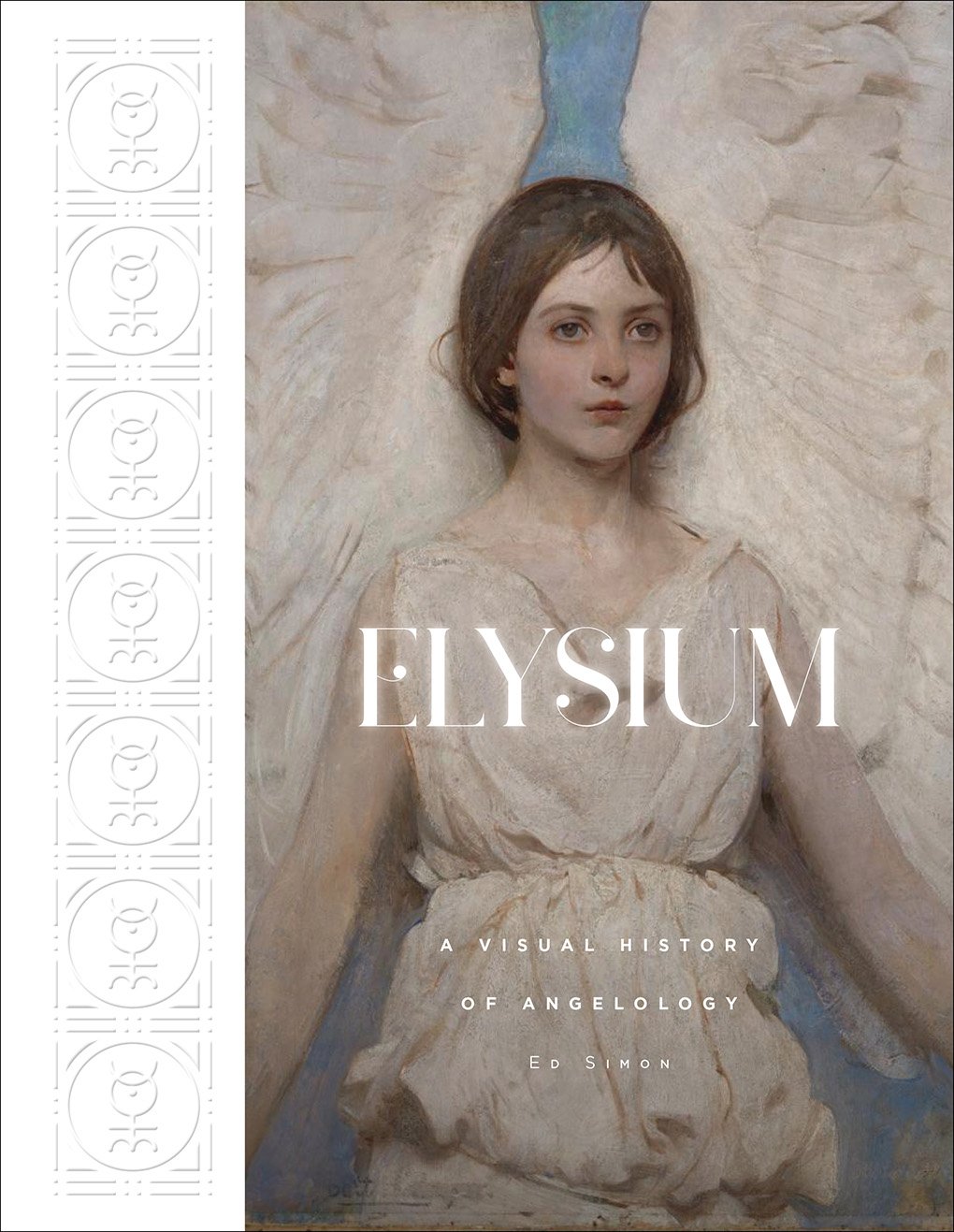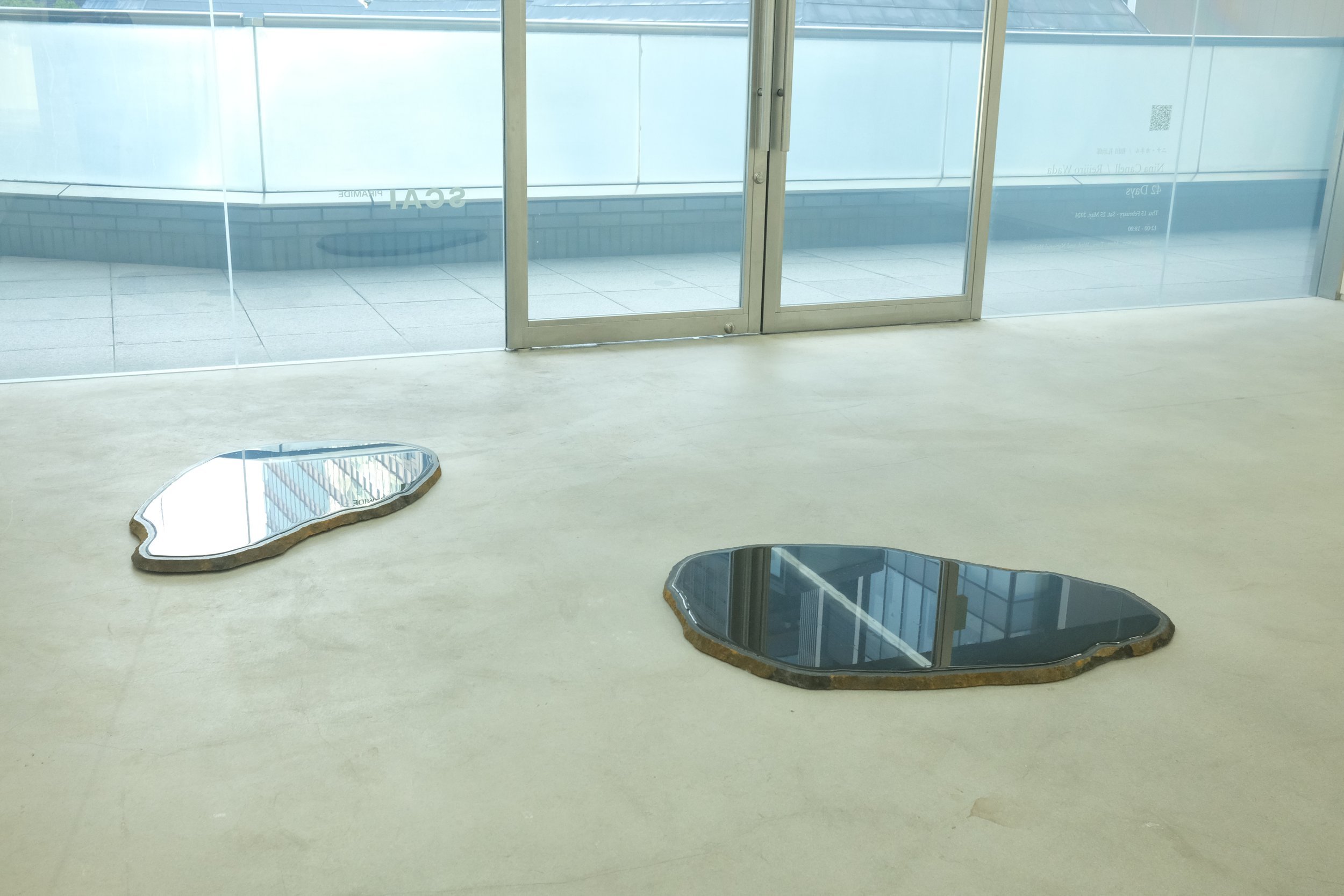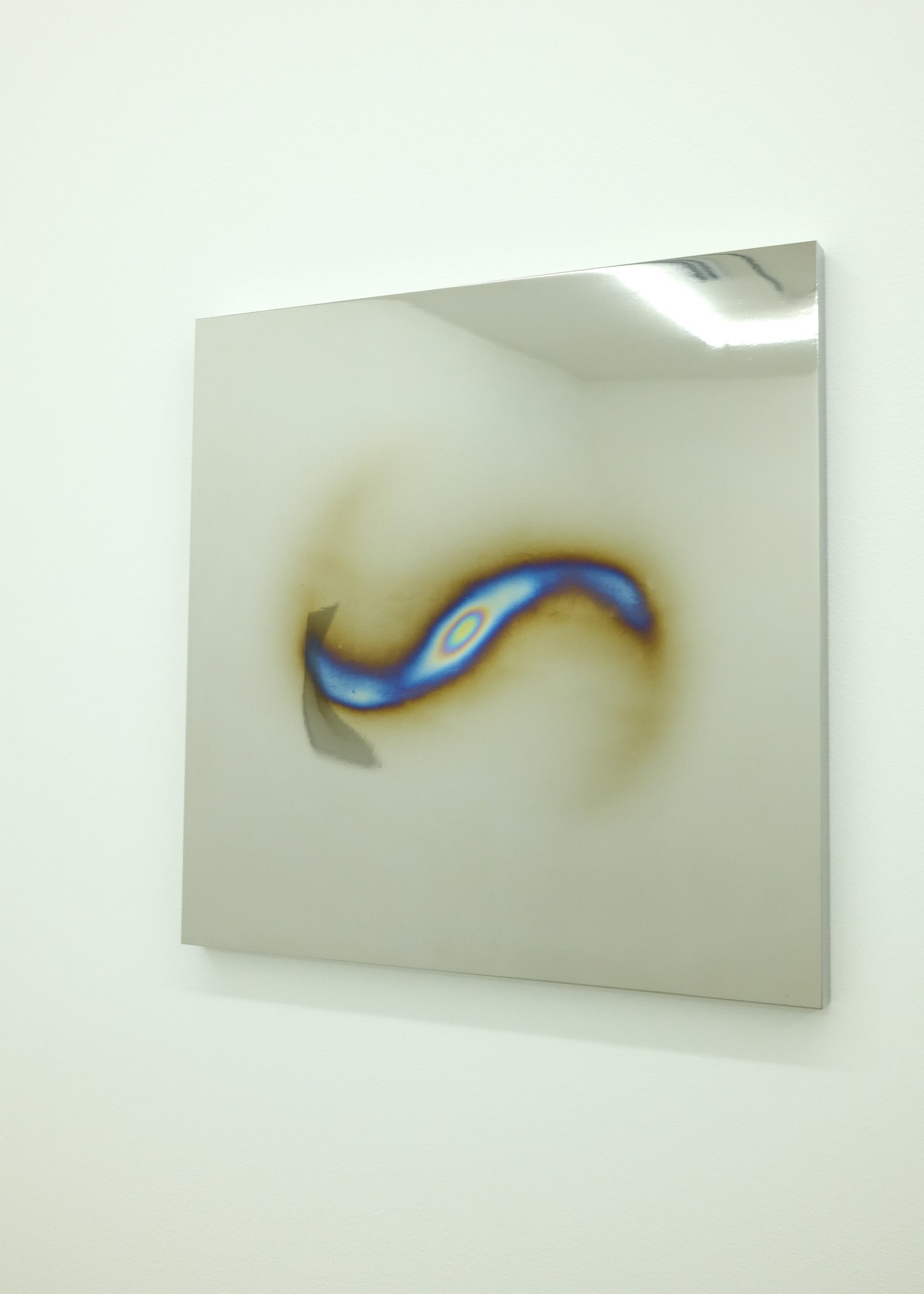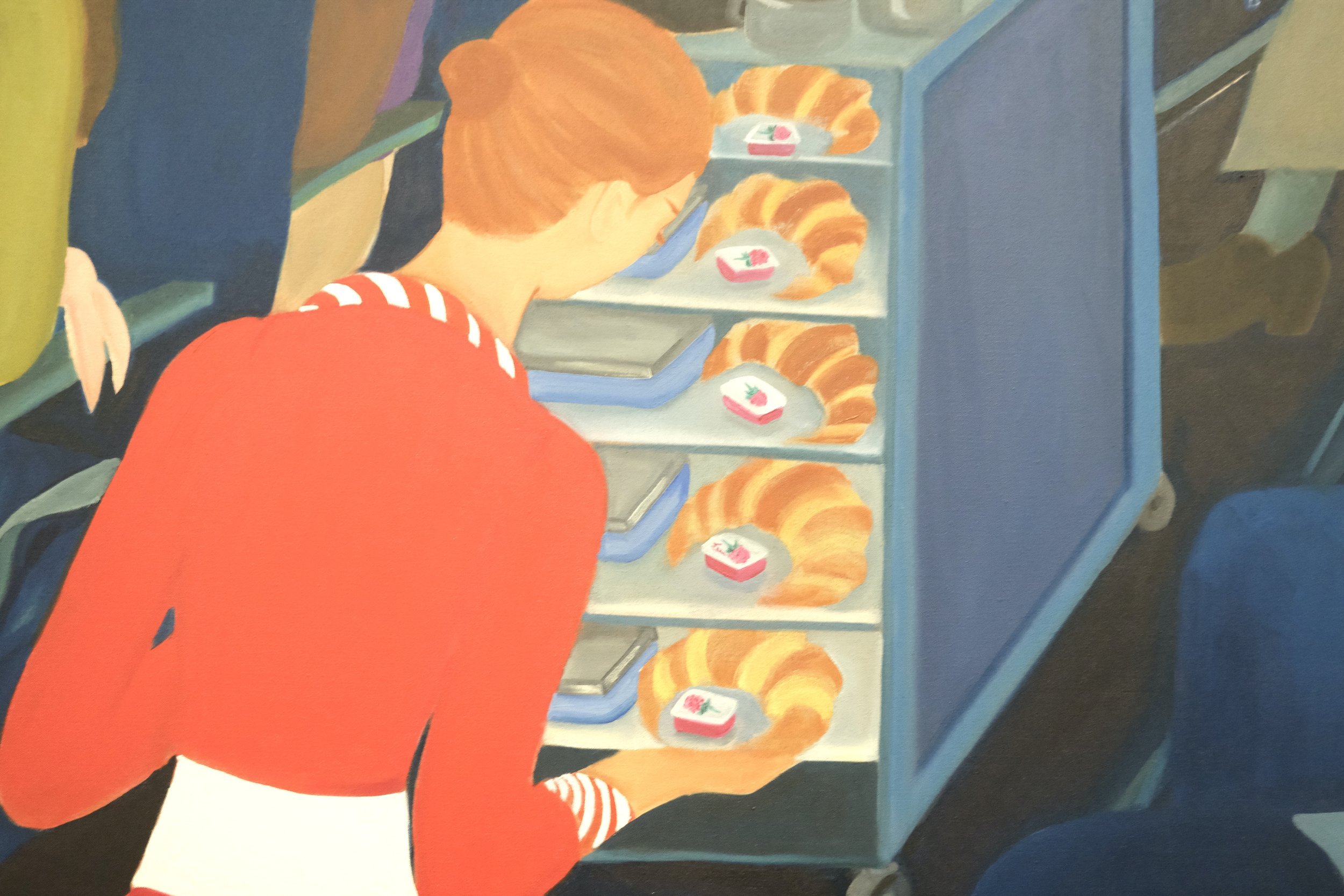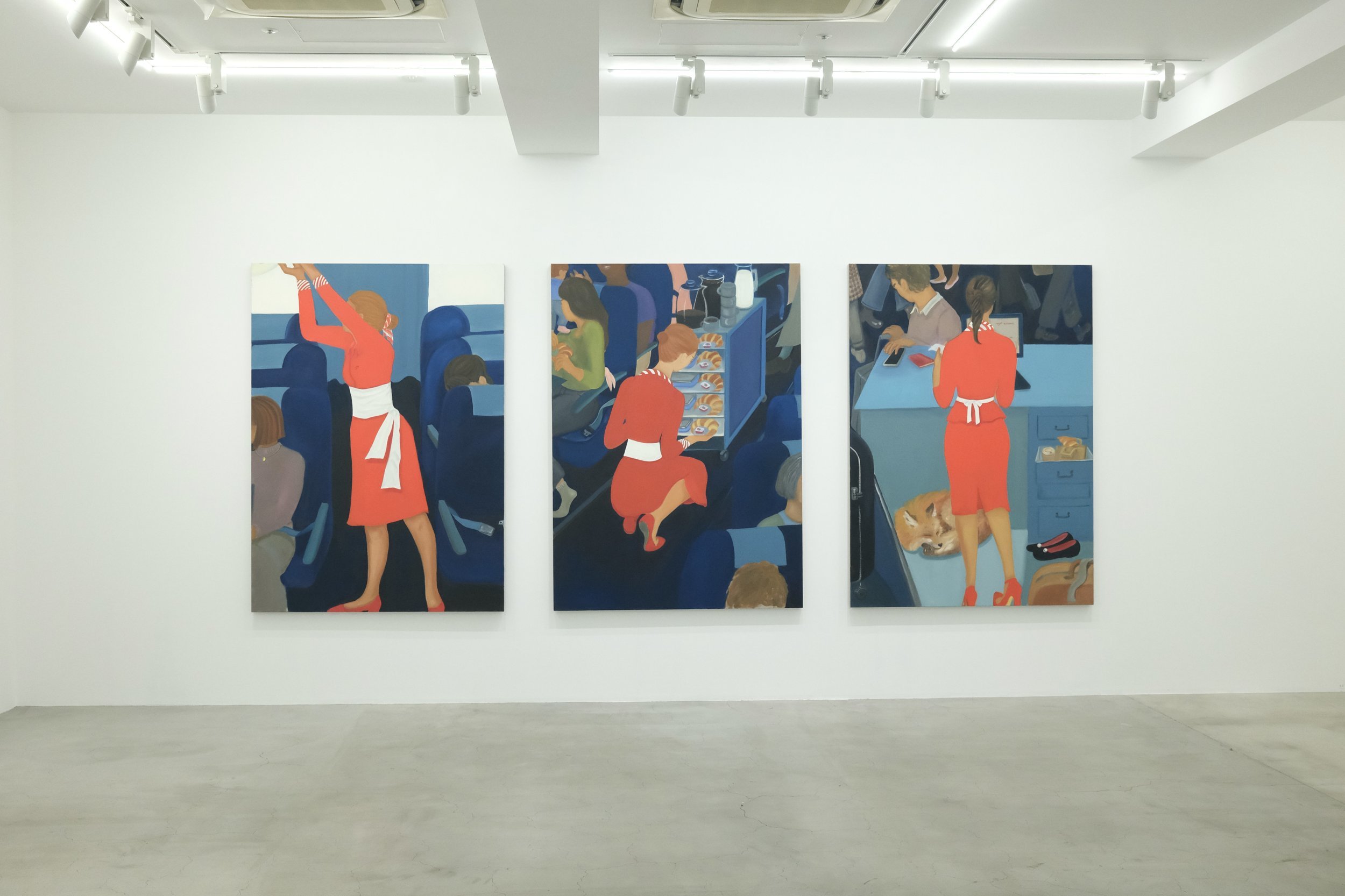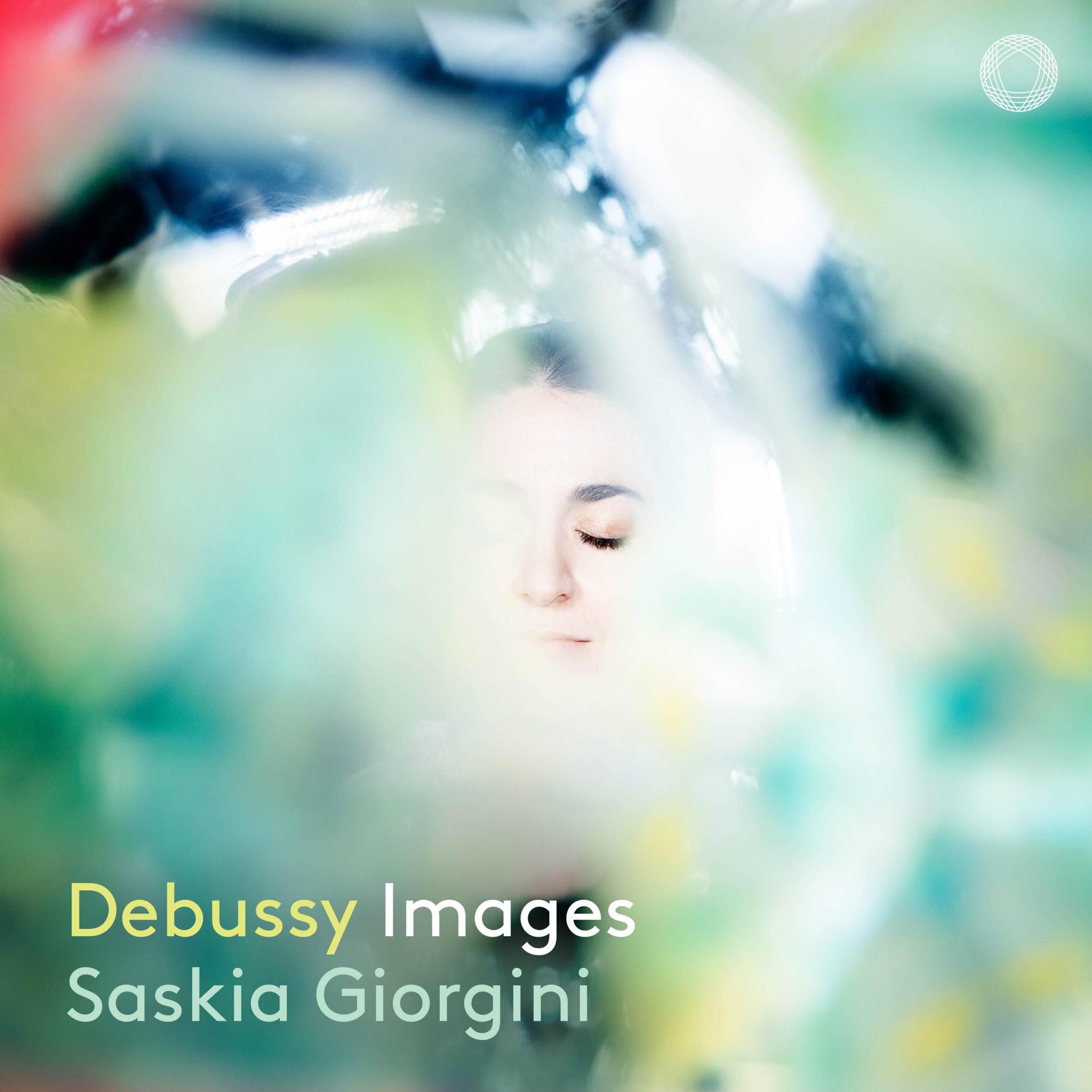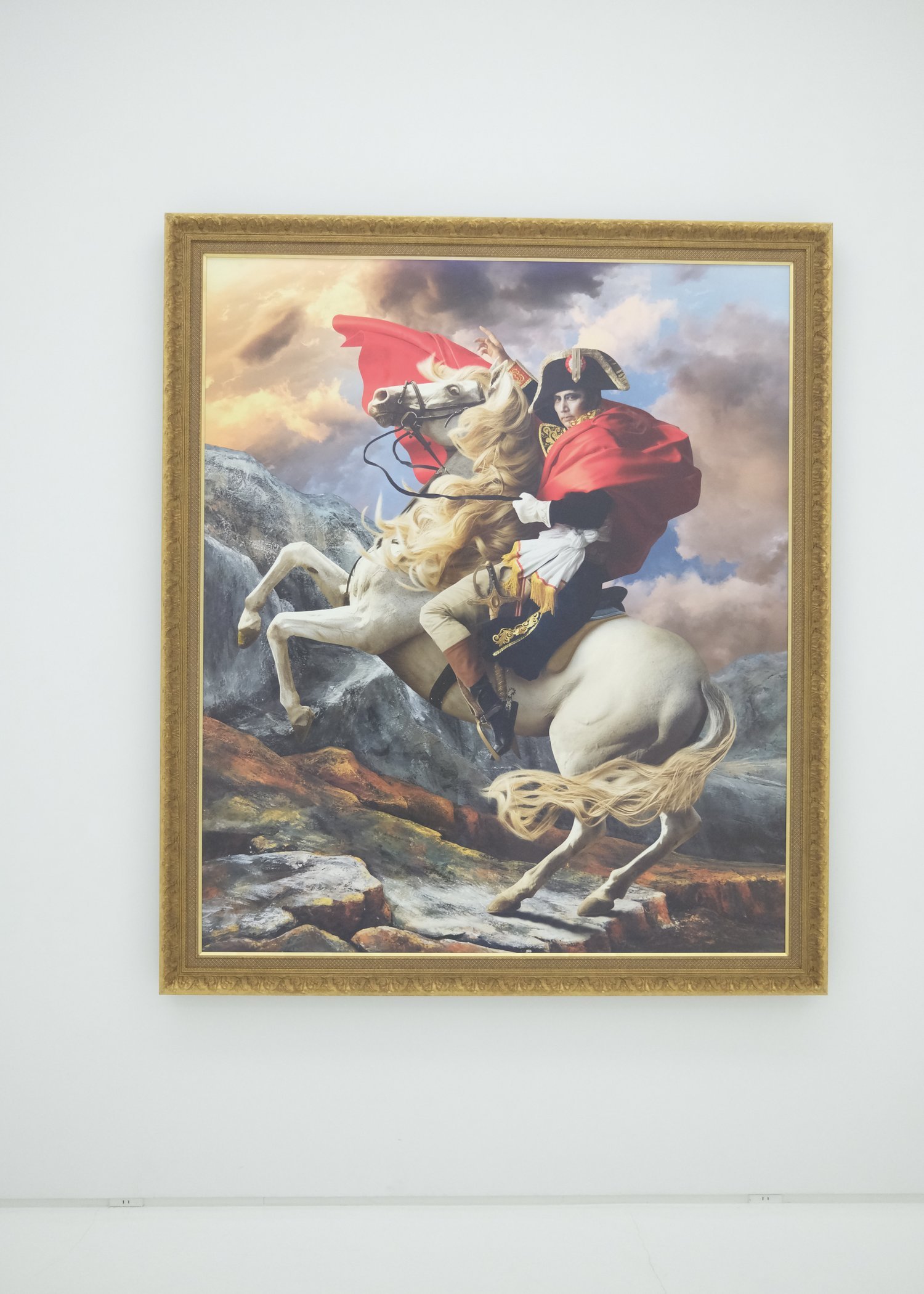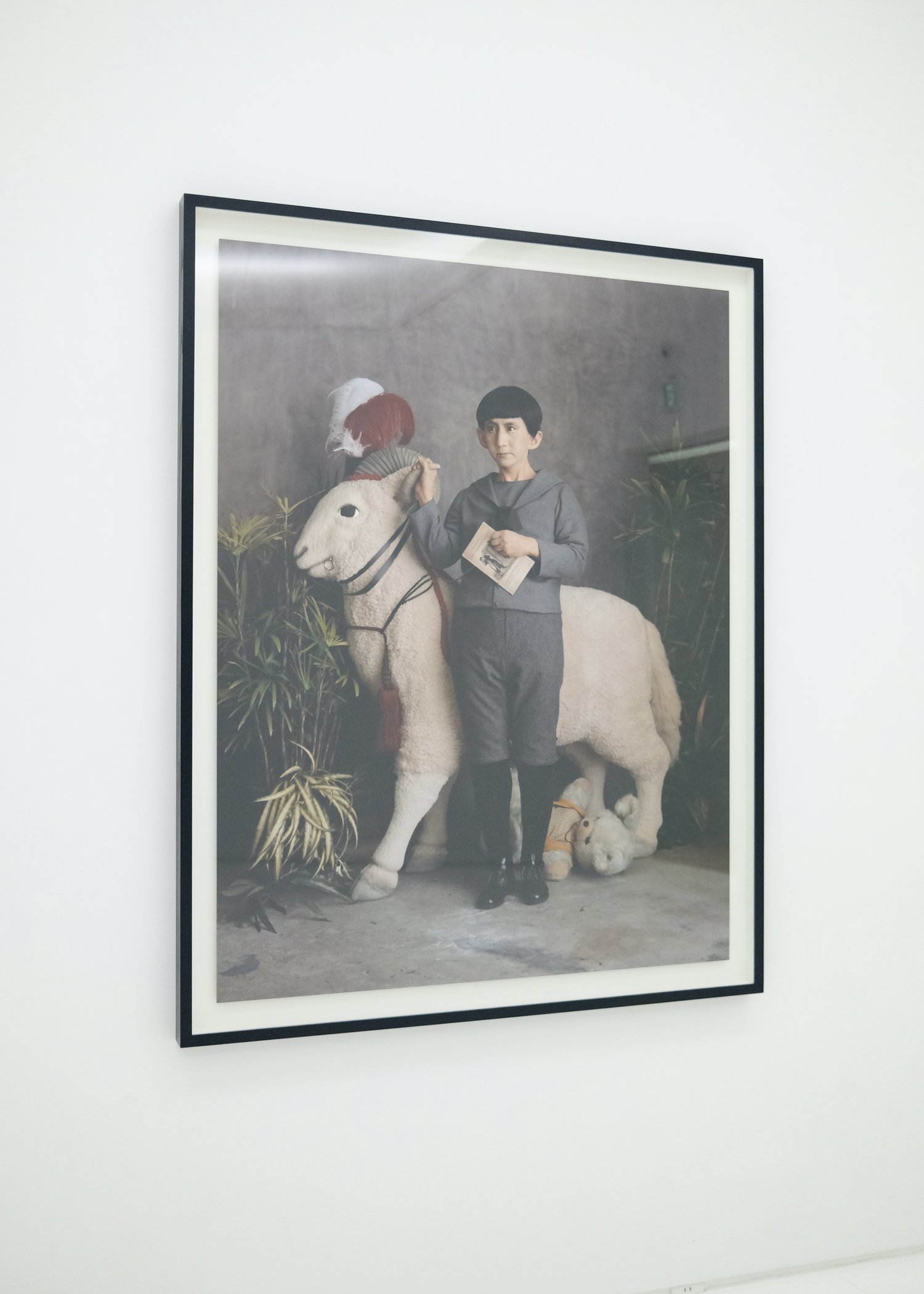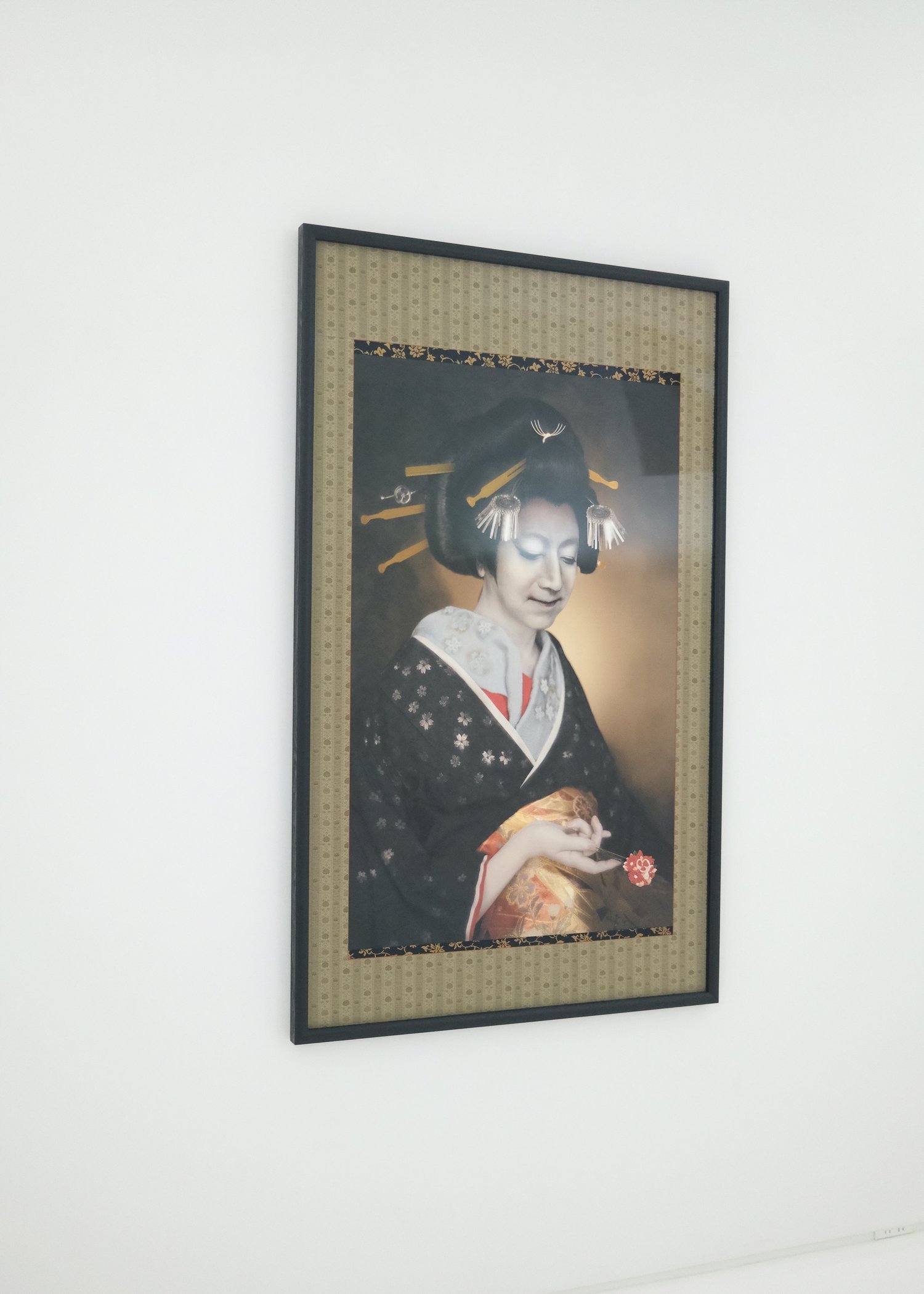Two weeks, at Balse.
In the desert. The harsh Joshua Tree, Palm Springs, LV, then the soothing breeze that is the Pacific Ocean. Julio. Second half of this year. Refocusing on the rest of the year.
‘if we resist or ignore an archetype, it will possess us’ - Jung
death and rebirth. life is death, death is life.
access to great wisdom. day after day, friendship that arrived from Tokyo.
origins of ideas, ‘as you walk around the woods. derivative to original, somewhere along this axis. Verisimilitude, it is the idea behind works of art that make the work interesting.’ ‘quieting the mind and the body, empty the mind.’ emptying the mind is an impossibility. Modified Transcendental Meditation Method. The closer that we look at any subject the more you see. Ideas will inexorably manifest itself….background cognitive process.’
more archetypal journey - choosing a path of change.
are you living a lie? the acid test. Initiation into life. Individuation and courage. The glorious freedom that awaits. lie vs truth. Need to make the transition alone. Are they ready to accept the call to rebirth. To live again. The Fountain.
Ask new and different question. Asking questions is a way of thinking. The reality is, we don’t have the answers. We lose sight of opportunities that are right in front of us.
What makes us uniquely human is our creativity. Curiosity. Be clumsy students of something, anything.
JACQUEMUS Capri.
Gautier, Odilon Redon, Gustav Moreau the Apparition with Salome - late 19th and early 20th century Paris. Symbolist movement.
Love Acid Arab
The art of mourning - Taryn Simon
’this absolutely felt like it needed to be sonic…and something beyond language, beyond image…beyond definition that is inarticulable.’
DJ set
Richie Hawtin - Womb, Tokyo 20.04.2024
literature - Brave New World
till next time.
Charles A. Balse
Words of Wisdom
A disservice, a slander, a libel-for angelology as properly constituted has nothing to do with Touched by an Angel or Hummel figurines. Angelology, rather, is the discipline that probes the ecstasies of transcendence, the ineffable nature of meaning that permeates reality, in a space with which words themselves can't fully grapple. Just because angelology reduces us to the wooliest of superlatives -"infinite," "eternal," "ecstasy," "transcendence" —doesn't mean that they don't refer to that something, nor is it a reason to abandon angels themselves to the saccharine and the mawkish. The poet and folk musician Leonard Cohen, a consummately nonmawkish and antisaccharine artist, a lover but not a sentimentalist, was asked in a 1984 interview by the journalist Robert Sward of the Canadian Broadcasting Corporation about his affection for the word "angel." Detailing his attraction to the way the term was used by those great poets of beatitude Allen Ginsberg, Jack Kerouac, and Gregory Corso, Cohen admits that "I never knew what they meant, except that it was a designation for a human being and that it affirmed the light in an individual." This is a telling answer about the angelic, our attractions to them whether in Paradise Lost or It's a Wonderful Life, the manner in which such beings reflect the divinity in humanity and the humanity in divinity. They are otherworldly but near; alien but familiar; pure alterity and yet totally personal. Angels are the waystation between us and the unapproachable God. Cohen explains how the Beat poets were anything but maudlin in their attraction to the image of the angel; such a being to them wasn't evidence of cheap faith, but rather of the connections between the suffering soul and something in the great beyond, a light in the perennial darkness. "An angel is only a messenger, only a channel," Cohen says, and yet we're angels to each other, for the "fact that somebody can bring you the light, and you feel it, you feel healed or situated. And it's a migratory gift," suggesting that angels themselves are as much verb as noun. - ELYSIUM, a visual history of angelology, by Ed Simon, Introduction - page 8
FG: I think a good work is a work that doesn't know its audience. Upon its creation, it doesn't yet know what its audience is, because otherwise it's just communication. Communication is about the transfer of information between two pre-constituted subjects. But the question mark is what I'm obsessed with — and I think Pierre is also. You don't know the identity of the audience or the viewer. And I think that's crucial, not to presuppose. Otherwise, you do bad work.
AS: I agree with you. The work should not be addressed intentionally to an audience as such. It should be indifferent. To push the idea further, it can also exist independent of the presence of the viewer, which is something essential in Pierre's work. He often says, "I'm not exhibiting some thing to someone. I'm exhibiting someone to something.”
FG: It's very difficult to presuppose what the human really is. The only definition of the human I can come up with is that it's something always in the process of transformation of de-identifying itself to become itself.
AS: The human is an escape route.
Gallerie dell'Accademia in Venice
Main Studies
Willem de Kooning e l'Italia - VENEZIA, Italia
Nina Canell / Reijiro Wada 42 Days - TOKYO
Self and Beyond, a group exhibition - TOKYO
Tony Cragg - LA
Sakuji Yoshimoto Pictorial Pilgrimage III - TOKYO
Kishio Suga “There Is Neither Such Thing as Being, Nor Such Thing as Not Being” - TOKYO
Morimura Yasumasa Five Characters in a Transformer - TOKYO
APPENDIX:
Richie Hawtin - Womb, Tokyo 20.04.2024
WE’RE THE ONLY CAMERA AT THE JACQUEMUS IN CAPRI SHOW! By Loïc Prigent
Artist Thao Nguyen Phan: Learning From Past Lives | Louisiana Channel
How to take a pilgrimage through the Underworld in the name of epic rebirth [Seer 2]
パソコン音楽クラブ − Day After Day feat. Mei Takahashi(LAUSBUB)
How Artists ACTUALLY Get Their Ideas (Ask An Artist)
Beware the shadow ruler — how to resist the tyrant within [Sovereign 2]
Have you passed one of life's very first tests? [Tenderfoot 1]
Have you awakened the powerful wisdom of the Seer within? [Seer 1]
Why great thinkers ask divergent questions | Natalie Nixon
Disaronno Straight Jonas Landwehr
Frank & Tony: Cecile (with Eliana Glass) (Charles Webster Remix)
Timid Kickflip Frits Wentink - Topic
KI/KI | Boiler Room x AVA Festival 2024
Pleasure Will Destroy Society | Brave New World
The Disturbing Painting That No One Can Solve
Artist Taryn Simon: The Art of Mourning | Louisiana Channel
ClassicAsobi recommends
This section features content recommended from the NYC based ClassicAsobi and his team, specializing in classical music.
COMING UP
Sebastian Silva
May 18 – June 29, 2024
Alicja Kwade & Agnes Martin
Space Between the Lines
May 18 – Jun 29, 2024
PACE, Los Angeles
WINFRED REMBERT
Hauser & Wirth DOWNTOWN LOS ANGELES
DANIEL TURNER
Hauser & Wirth DOWNTOWN LOS ANGELES
Interconnected Landscapes
Lothar Baumgarten, James Coleman, An-My Lê, Oscar Tuazon
13 JULY - 17 AUGUST 2024
Marian Goodman LA
May 26, 2024 – January 20, 2025
ERZÄHLERINMay 18 - June 29, 2024
REGEN PROJECTS, LA













